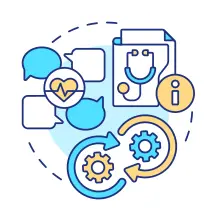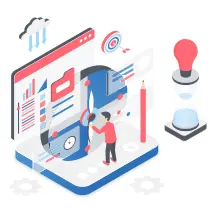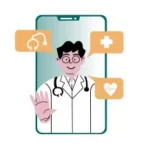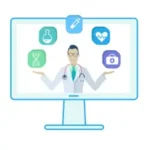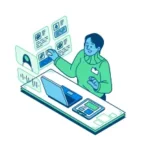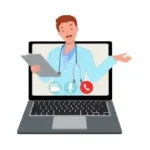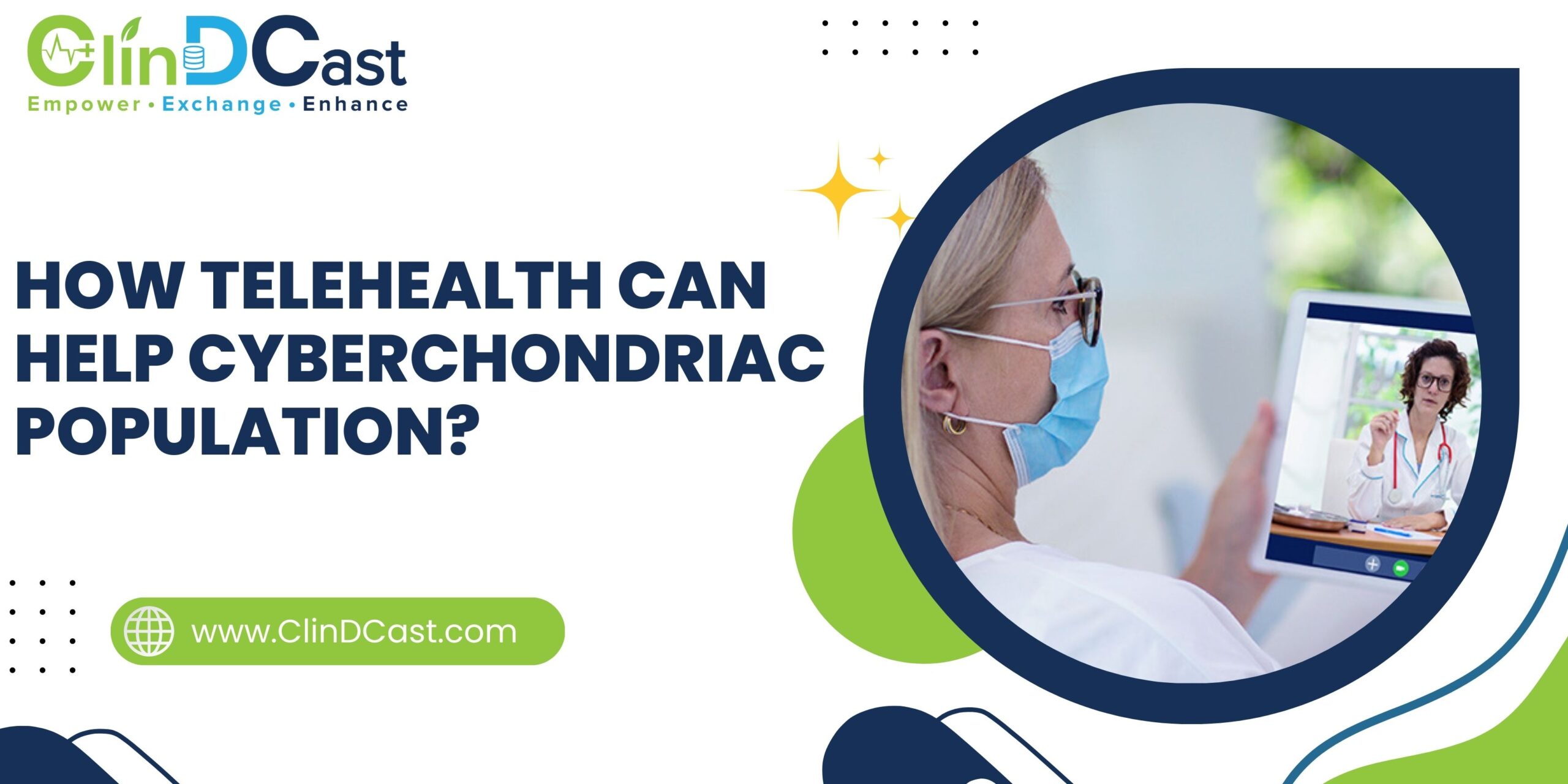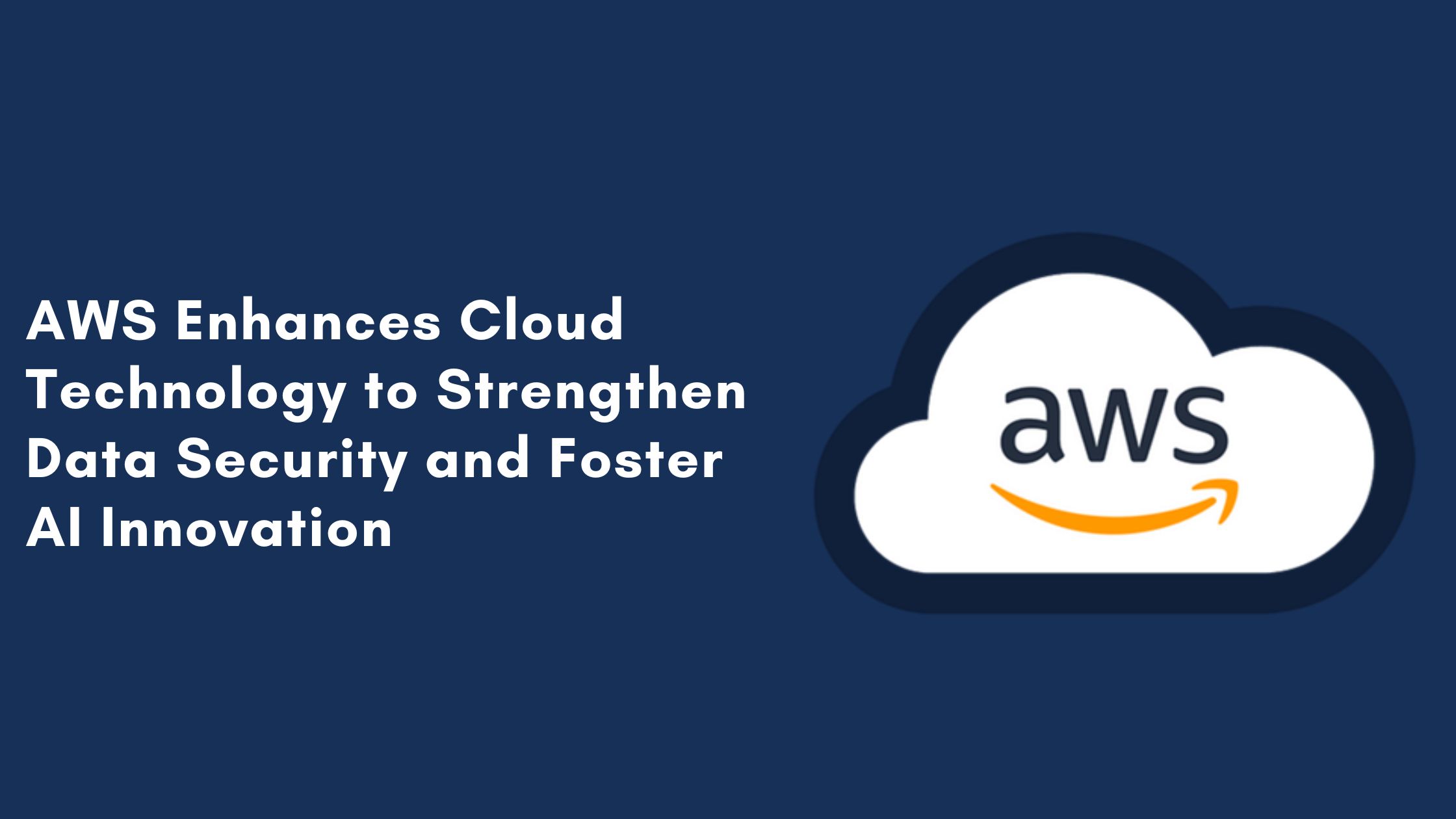
The healthcare sector is undergoing a radical transformation in this age of rapid technological innovation, and there is an increasing need for qualified individuals with expertise in Health Information Technology (Health IT). The field of health IT employment is changing as we move forward, presenting both new and interesting opportunities as well as difficulties. We’ll examine several aspects of the changing health IT employment market and The Future of Healthcare IT Jobs and Skills in Demand in-depth blog article, offering advice to readers who are thinking about entering or are presently in this exciting industry.
The Future of Healthcare IT Jobs and Skills in Demand
1. Digital Literacy and Technological Agility: Professionals with a solid foundation in digital literacy and the capacity to pick up new technologies are in great demand as technology continues to transform the healthcare industry. It is essential to be familiar with Health Information Exchange (HIE), Electronic Health Records (EHRs), and other tools connected to health. Additionally, professionals will have a competitive advantage if they stay up to date on cutting-edge technology like telemedicine, blockchain, and artificial intelligence.
2. Data Analytics and Business Intelligence: There are benefits as well as challenges associated with the growing amount of healthcare data. To derive valuable insights from large datasets, health IT experts possessing expertise in data analytics and business intelligence are needed. Companies are searching for someone who can use data to enhance patient outcomes, expedite procedures, and support data-driven decision-making.
3. Cybersecurity Expertise: More than ever, strong cybersecurity measures are required in light of the digitization of medical records and the growth of telehealth. Healthcare cybersecurity specialists who are also familiar with compliance guidelines such as HIPAA are highly sought after. Priorities include safeguarding private patient data and maintaining the integrity of healthcare systems.
4. Interoperability and Integration Skills: The goal of healthcare organizations is to have smooth communication between various platforms and systems. There is a need for experts who can handle the challenges of integrating various healthcare technologies, guaranteeing efficient data flow, and enhancing interoperability. This skill set enhances patient experiences and improves care coordination.
5. Project Management in Healthcare Settings: Effective project management is necessary for the execution of health IT initiatives, such as the adoption of new EHR systems or the integration of telehealth solutions. Experts who can successfully lead and manage projects while taking into account the particular difficulties presented by the healthcare industry are highly esteemed.
6. Healthcare Informatics and Population Health Management: Experts in population health management and healthcare informatics are in greater demand as the healthcare industry shifts to a more patient-centered and preventative care paradigm. Gaining an understanding of how to use data to better care coordination and population health outcomes is an important ability.
7. Soft Skills and Effective Communication: Technical proficiency is important, but so is the capacity for successful communication and teamwork with a variety of stakeholders. Health IT workers frequently collaborate with colleagues from different fields in interdisciplinary teams, which calls for excellent interpersonal skills, clear communication, and the capacity to explain complex concepts to colleagues who are not technical.
8. Remote Work in Health IT: Remote employment is becoming more and more common in many areas, including healthcare, thanks to the COVID-19 epidemic. Examine the effects of working remotely on health IT workers, as well as the advantages, disadvantages, and methods for succeeding in a virtual workplace.
9. Continuing Education and Professional Development: Health information technology is a dynamic field that is always evolving. Talk about the value of continuing education and professional development to remain current in the field. Emphasize the tools, credentials, and educational opportunities that health IT professionals have at their disposal.
10. Diversity and Inclusion in Health IT: Discuss the significance of inclusion and diversity in the technology and healthcare industries. Examine programs, associations, and approaches meant to develop a more diverse workforce in the health information technology industry. Talk about the ways that different viewpoints foster creativity and better medical outcomes.
Conclusion
Health IT has a bright future ahead of it for individuals with the necessary knowledge and perceptions. The secret to success in the Health IT field will be to stay up to date on industry trends, keep improving your skill set, and adjust to the changing environment, whether you’re an experienced professional trying to upskill or someone thinking about a career in the field.
The future of healthcare delivery will be greatly influenced by those who possess the ability to traverse the changing terrain that exists at the convergence of technology and healthcare. Remember that a dedication to lifelong learning and a love of using technology to enhance patient care can prepare you for success in this dynamic sector as you start or continue your career in health information technology. Health IT has a bright future ahead of it, with countless opportunities for qualified workers.

